
This coming Sunday is the Twenty-First Sunday in Ordinary Time. To help you prepare for worship, consider these timeless insights from St. Jerome on the classic passage in defense of the primacy and papal office of St. Peter.
16:15–16. “But you, who do you say that I am?” Simon Peter answered: “You are the Christ, the Son of the living God.” Wise reader, notice from what follows and from the context of the words that the apostles are by no means called men, but gods. For though he had said: “Who do men say that the Son of man is?” he has added: “But you, who do you say that I am?” For the former, since they are thinking human things, are men, but you who are gods, who do you consider me to be? Representing all the apostles, Peter professes: “You are the Christ, the Son of the living God.” He calls him a living God in comparison with those gods that are thought to be gods but are dead. This refers to Saturn, Jove, Ceres, Liberus, Hercules, and the rest of the portents of the idols.
16:17. Jesus answered and said to him: “Blessed are you, Simon Bar-Jona, for flesh and blood has not revealed this to you, but my Father who is in heaven.” For the apostle’s testimony concerning himself, Jesus repays in turn. Peter had said: “You are the Christ, the Son of the living God.” A true confession received its reward: “Blessed are you, Simon Bar-Jona.” Why? Because flesh and blood has not revealed it to you, but the Father has revealed it. What flesh and blood was not able to reveal, the grace of the Holy Spirit has revealed. Therefore, because of his confession, a name is allotted to him that has been revealed by the Holy Spirit, whose son he is to be called. For indeed, in our language Bar-Jona sounds like “son of the dove.”15 Others take it more simply, that Simon, that is, Peter, is the son of John in accordance with the question found in another passage: “Simon, son of John, do you love me?” He answered: “Lord, you know.”17 They think there has been a corruption through the fault of the copyists, so that in place of Bar-Johanna, that is, “son of John,” it was written Bar-Jona, with one syllable having been deleted. Now Johanna is translated “grace of the Lord.” Both names can be interpreted mystically. Thus “dove” signifies the Holy Spirit, and “grace of God” signifies a spiritual gift. Moreover, compare his words: “For flesh and blood has not revealed it to you,” with the apostolic narrative in which it says: “I did not immediately take counsel with flesh and blood.”19 In that passage [Paul] is signifying the Jews by the term “flesh and blood.” Thus here too, by another interpretation, it is shown that Christ was revealed to him as the Son of God, not through the teaching of the Pharisees, but by the grace of God.
16:18. “And I say to you.” What do his words mean: “And I say to you”? [They mean this:] Since you have said to me: “You are the Christ, the Son of the living God,” “I also say to you,” not with empty words that have no effect, but “I say to you” because with me to have spoken is to have done.
16:18. “For you are Peter, and upon this rock I will build my Church.” He himself gave light to the apostles that they might be called the light of the world, and the other designations that were allotted from the Lord. In the same way, to Simon,21 who believed in Christ the rock [petra], was granted the name of Peter [Petrus]. And in accordance with the metaphor of rock [petra], it is rightly said to him: “I will build my Church” upon you.
16:19. “And I will give to you the keys of the kingdom of heaven, and whatever you bind on earth will be bound also in heaven, and whatever you loose on earth will be loosed also in heaven.” The bishops and priests do not understand this passage. They assume for themselves some of the superciliousness of the Pharisees when they either condemn the innocent or think that they can loose the guilty. Yet in the sight of God it is not the verdict of the priests but the life of the accused that is examined.26 We read in Leviticus about lepers that they are commanded to show themselves to the priests and, if they have leprosy, then they are established as unclean by the priest. This does not mean that the priests make them leprous and unclean, but that they have knowledge of the leprous and the non-leprous, and they can discern who is clean and who is unclean. Therefore, just as in that passage it is the priest who “makes” the leper unclean, so also here the priest or bishop binds or looses, not those who are innocent or guilty, but because of his own office. When he hears the various kinds of sins, he knows who should be bound, and who should be loosed.[1]
Do you know which passage in Isaiah is connected with the handing of the keys in Matthew 16:19? To dig deeper in your own devotional time, contemplate these verses in the Verbum Bible Study software. Or, if you don’t yet own it, request Jerome’s commentary—available this month at a special discount.
[1] Jerome. (2008). Commentary on Matthew. (T. P. Halton, Ed., T. P. Scheck, Trans.) (Vol. 117, pp. 190–192). Washington, DC: The Catholic University of America Press.

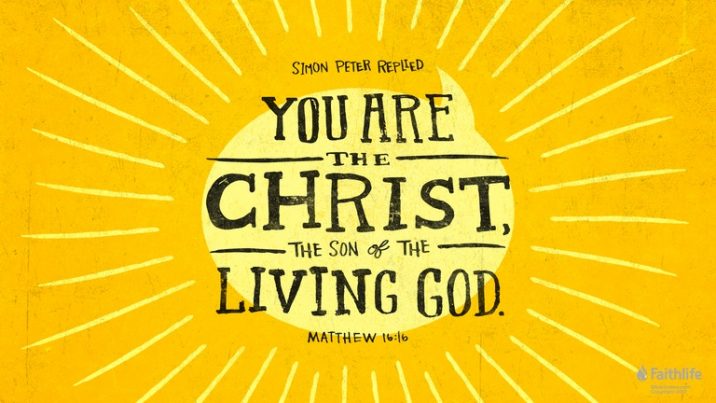
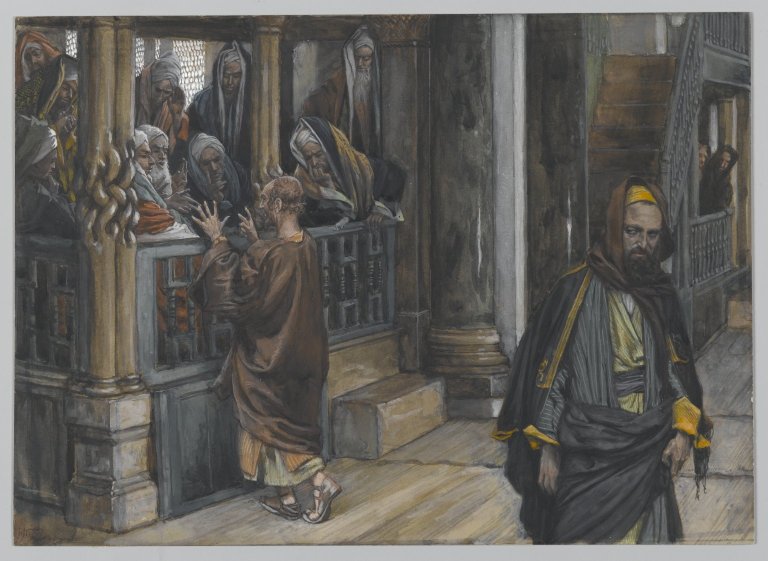
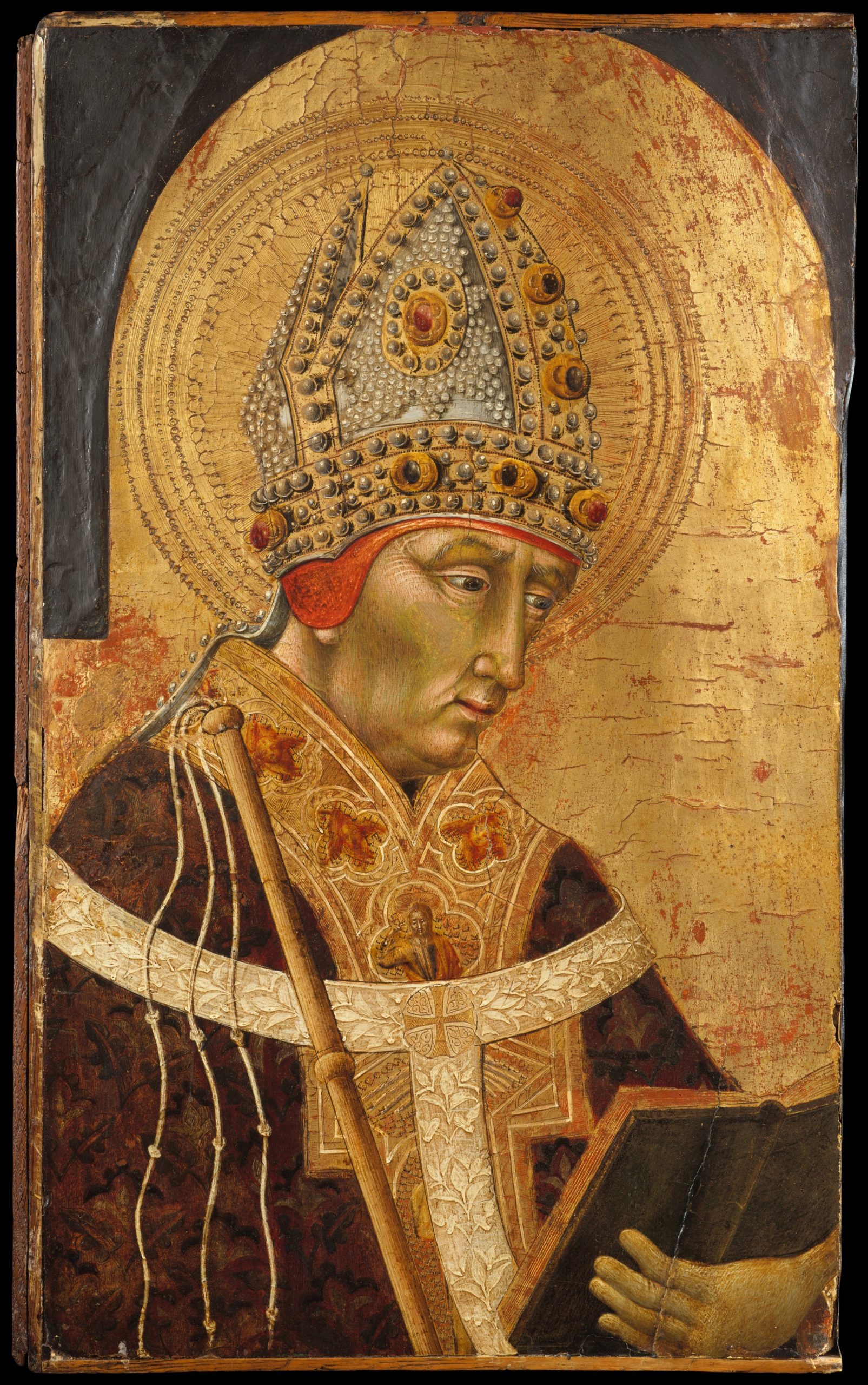
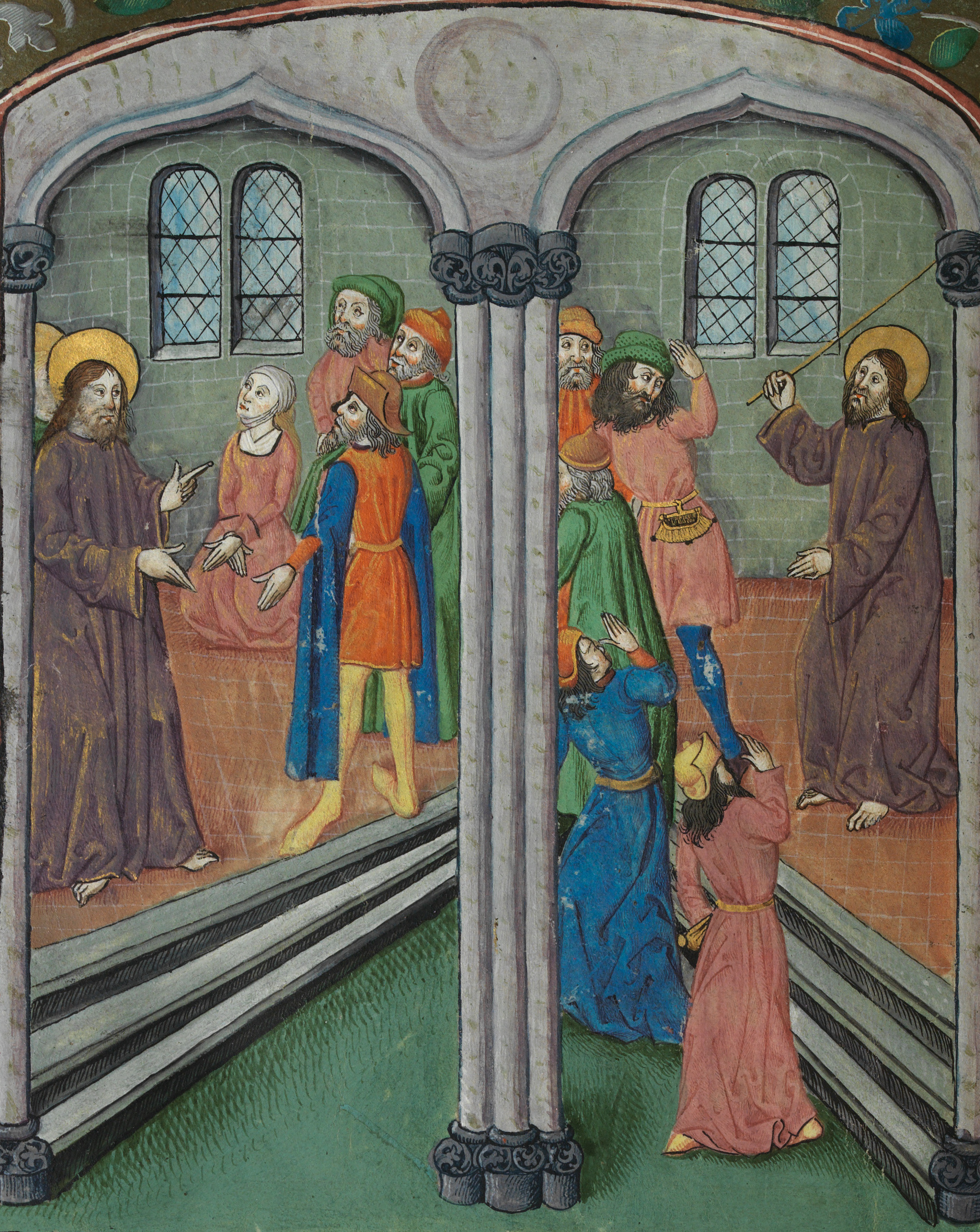
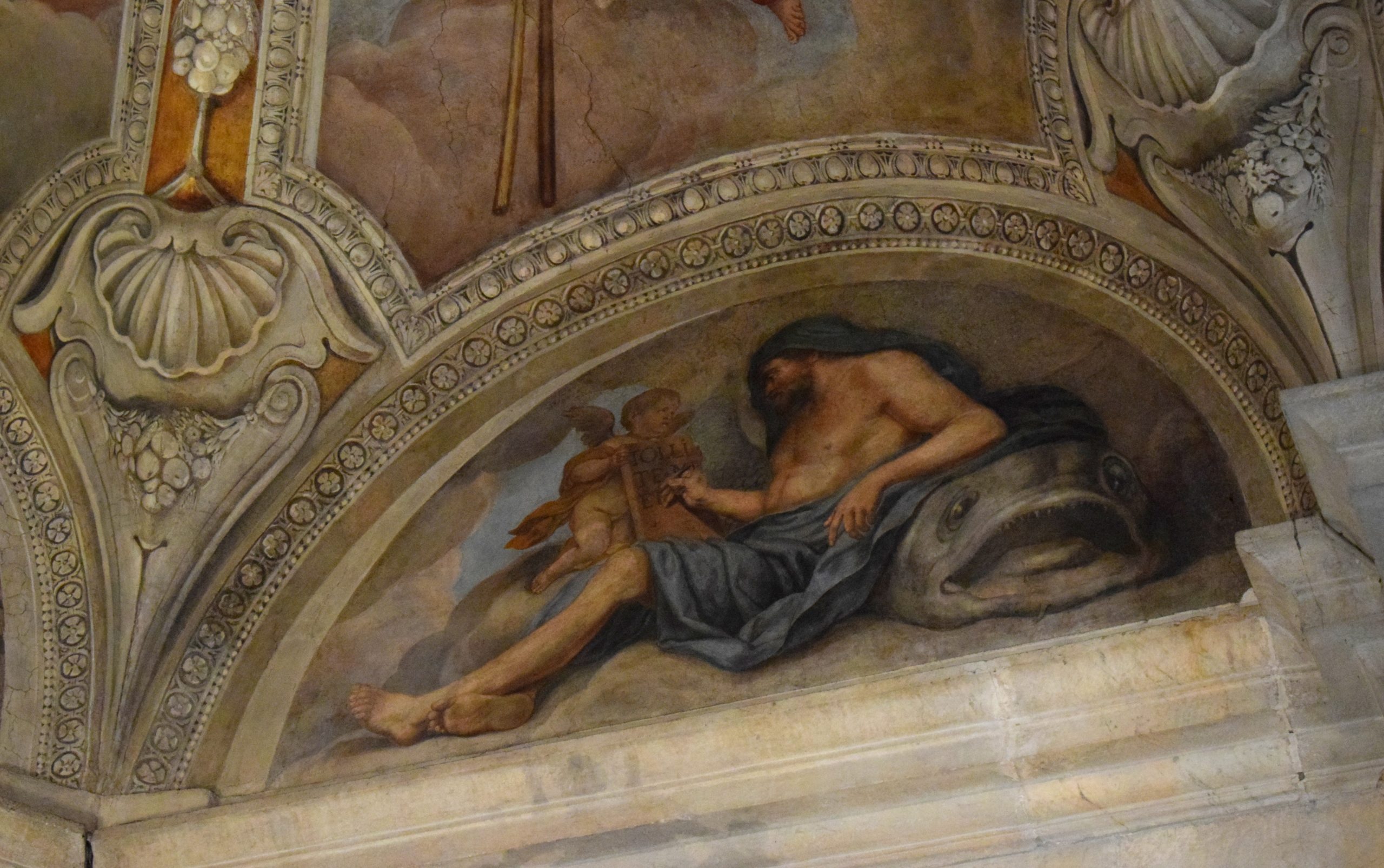
This Sunday’s reading is what I remember from Catechism in my early teens and is the passage that kept me to my faith when I was challenged by protestants. Thank God. After further study as an adult it is referenced in Isaiah 22:22. When challenged further on this verse I bring up Matthew 13:47 followed by John 21:11 how Peter carried over 1,000 pounds of fish and the net did not break. Sacred Scripture is so beautiful and I am grateful He has allowed me to be in full communion with his body and meet our Mother Luke 1:43. Thank you God.